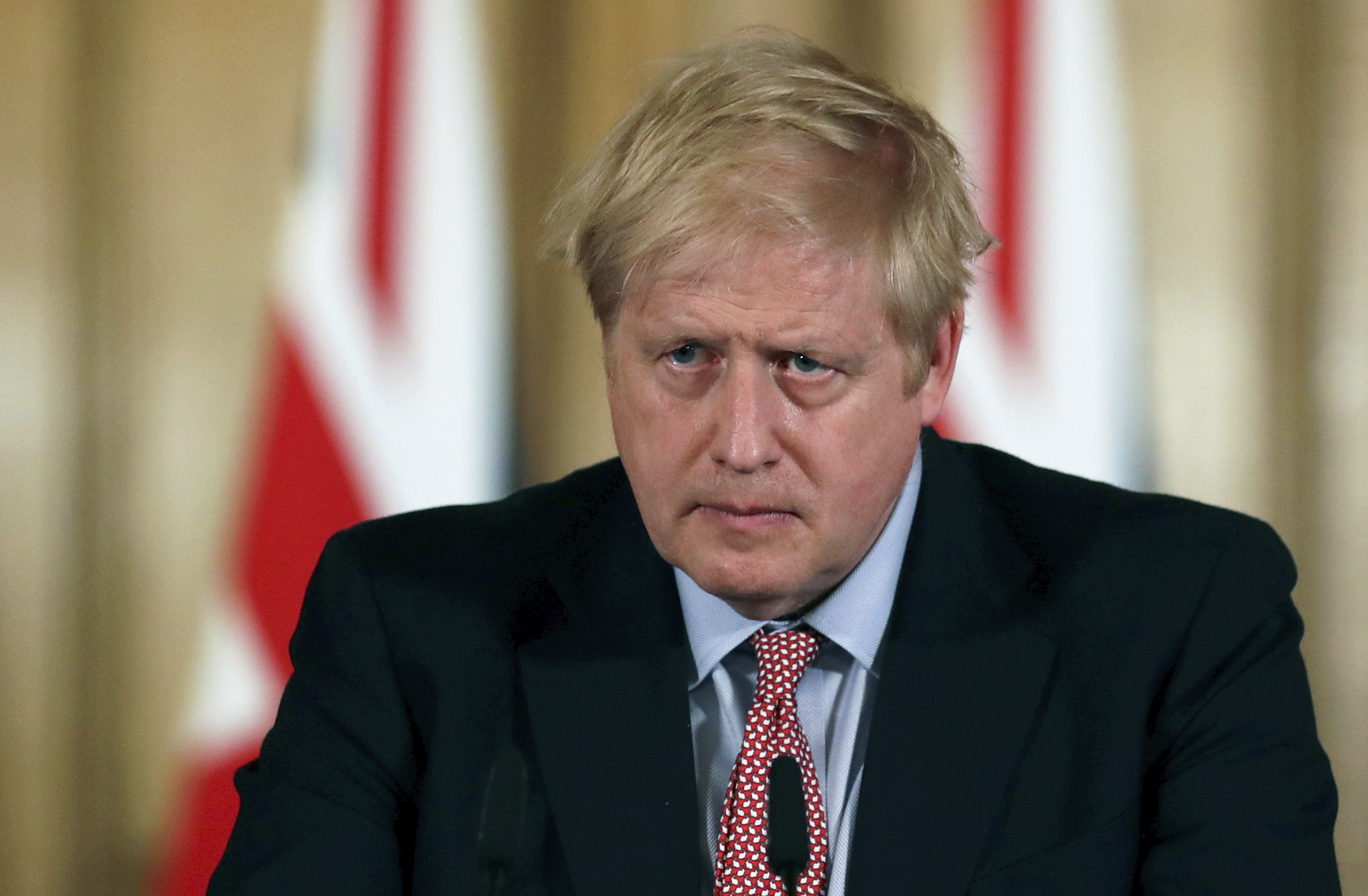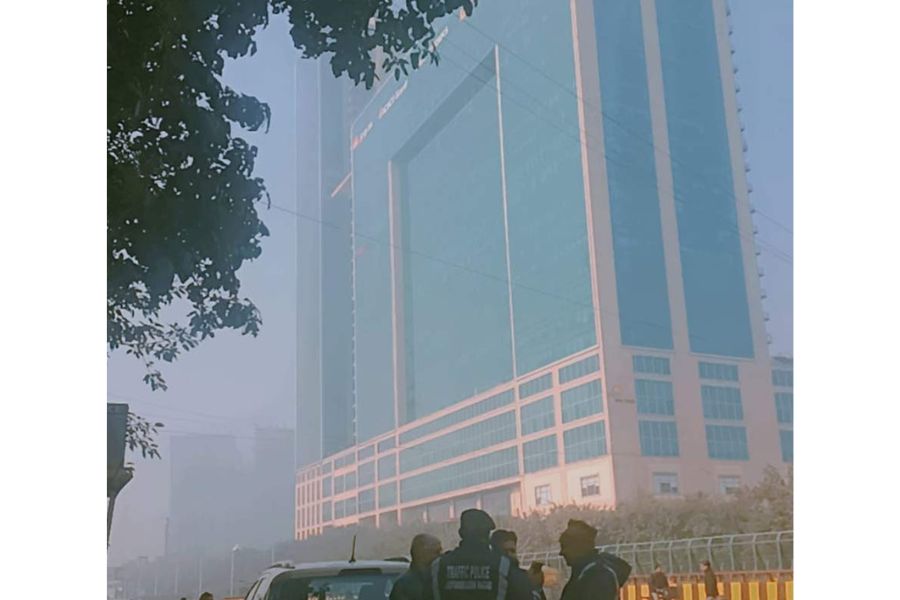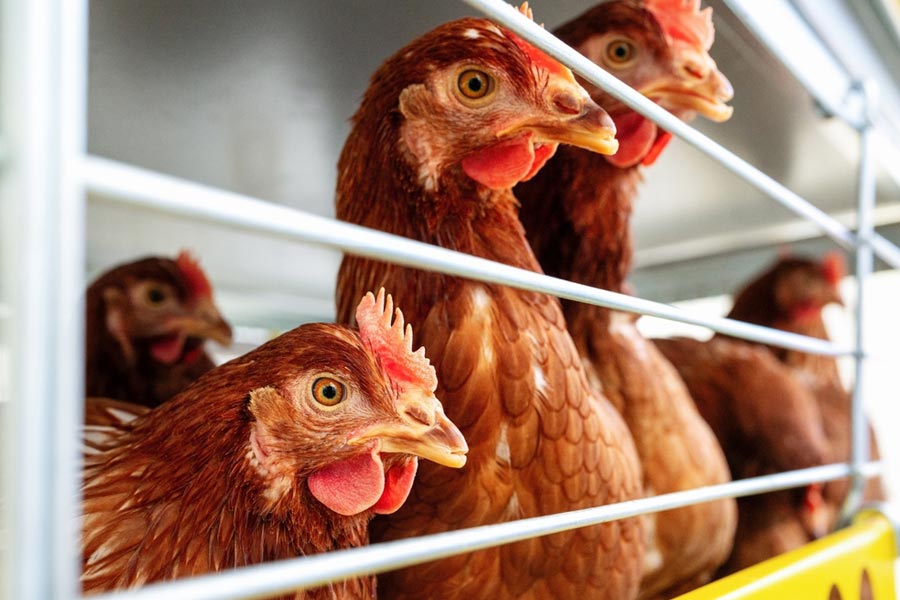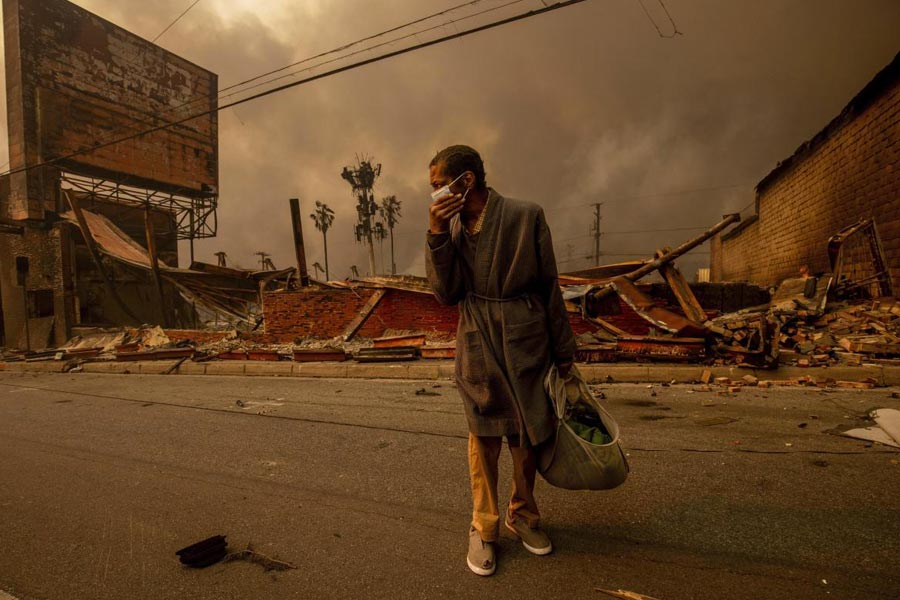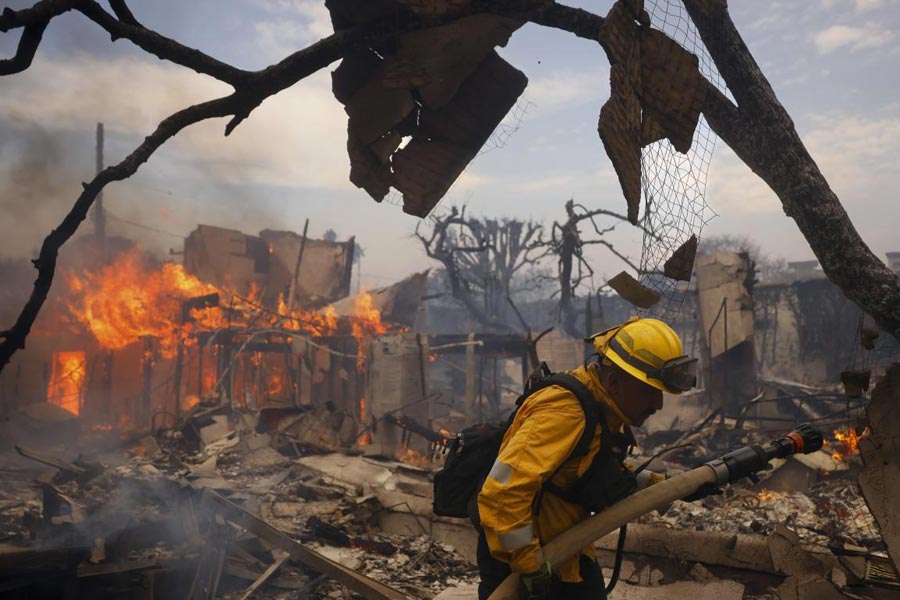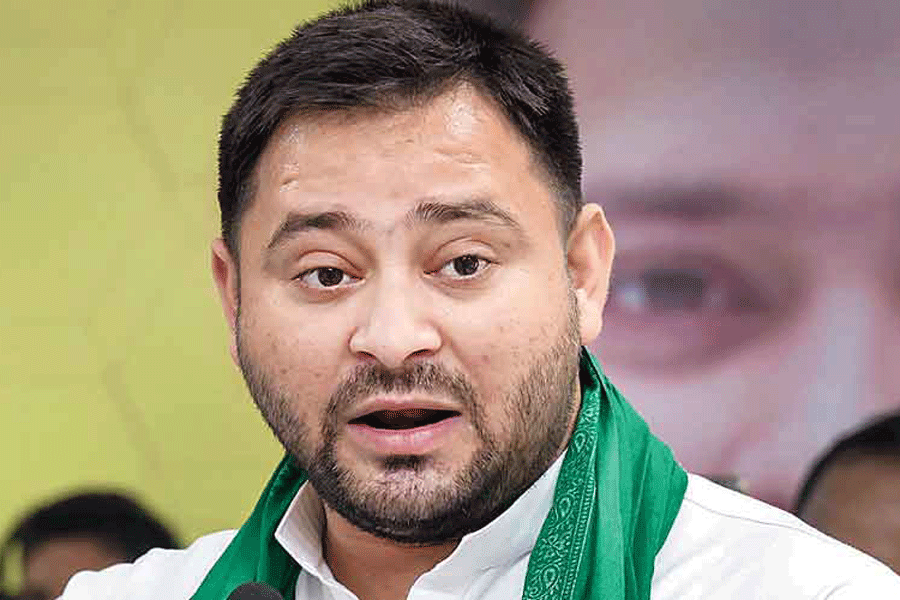Latin phrases being flung around to explain the conduct of government can only mean one thing — Boris is back.
Under pressure from many quarters in the Conservative Party to ease the lockdown, British Prime Minister Boris Johnson, who read classics at Oxford and is “raring to go”, used Cicero — “salus populi suprema lex esto” (the health, or welfare, of the people should be the supreme law) — to explain why he was minded to take a cautious approach to lifting controls.
After being pulled back from the brink of death at St Thomas’s Hospital, it is not the old Boris who returns to work on Monday at 10, Downing Street, from the Prime Minister’s country residence, Chequers, in Buckinghamshire, after being given the all clear by his doctors.
One of the many problems he has to deal with is what action should be taken to minimise the spread of the coronavirus from passengers arriving at British airports and seaports.
Foreigners as well as British nationals returning from abroad will be asked to fill out new forms on arrival, giving precise addresses where they will be required to self-quarantine for 14 days, under radical new measures being drawn up by Priti Patel and Grant Shapps, the home and transport secretaries respectively.
There “will be large fines for those who fail to remain at the address given to the authorities as their place of isolation”.
The foreign and commonwealth office said more than 3,600 Britons currently in India would be brought home on 14 flights starting on Tuesday.
The government’s lockdown advice to the general public to “stay at home, protect the NHS, save lives” has had unintended consequences, it is now becoming clear. It has so scared people from going to hospital A&E in the case of chest pain, for example, for fear of catching the virus that many are making emergency calls when it is too late. One ambulance turned up to find the caller dead in his kitchen.

